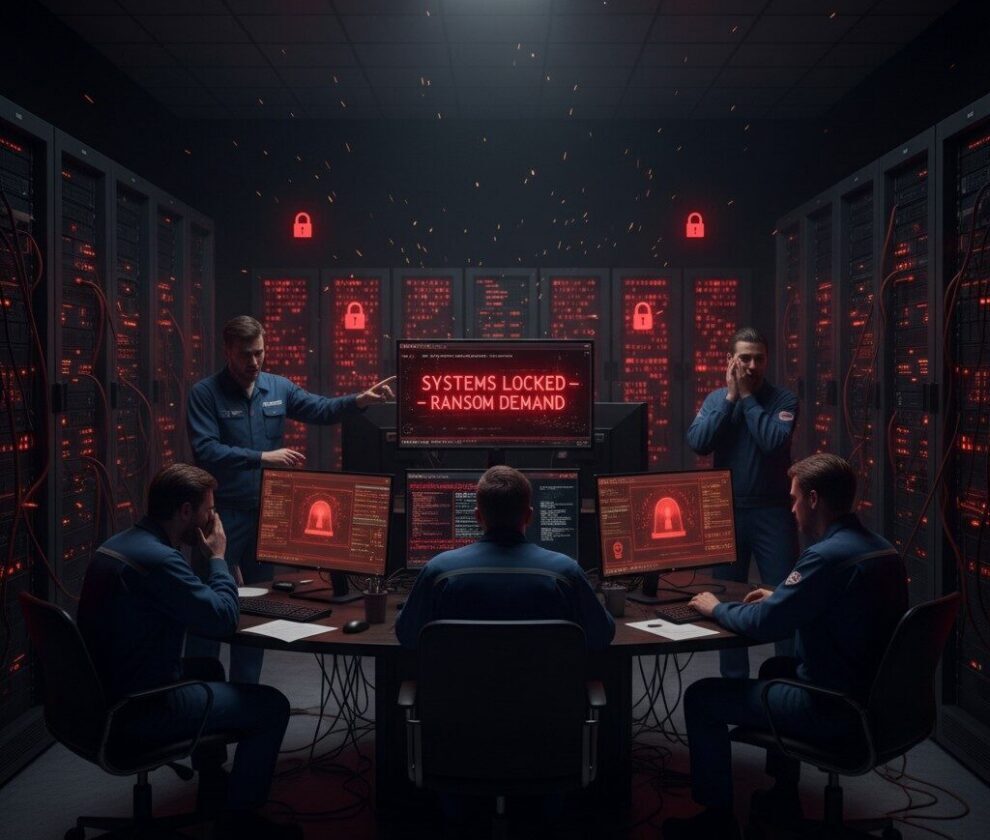The fight against cancer stands as one of the most significant medical challenges of our time. Each year, millions of people face a cancer diagnosis, and its intricate nature makes treatment increasingly complex. In this context, Google has introduced a groundbreaking innovation: DeepSomatic. This advanced AI algorithm is designed to accurately identify cancer-related genetic mutations. In this article, we’ll delve deeper into how this revolutionary tool could transform cancer detection and treatment.
The Role of Genetic Mutations in Cancer
To fully grasp the importance of DeepSomatic, it’s crucial to understand the role genetic mutations play in cancer development. These genetic abnormalities, often acquired after birth, interfere with regular cellular behavior, leading to unchecked growth. By identifying these mutations early, healthcare professionals can tailor treatments to individual patients and manage the disease more proactively.
The ability to pinpoint such somatic mutations is a game changer, as it maximizes treatment customization and improves outcomes.
How Does DeepSomatic Work?
DeepSomatic leverages innovative convolutional neural networks (CNNs) to process genetic sequences from both tumor and normal cells in patients. These genetic sequences are transformed into digital images, which the AI analyzes to distinguish somatic variants from sequencing errors or inherited mutations.
One of its standout features is its “tumor-only” mode, which is especially valuable for cancers such as leukemia—where obtaining normal tissue samples isn’t always feasible. This flexibility makes DeepSomatic particularly useful in difficult diagnostic scenarios.
High-Quality Training with CASTLE Dataset
Precision in detection requires robust data sets. Google, partnering with the University of California, Santa Cruz’s Genomics Institute, and the National Cancer Institute, created CASTLE, a benchmark dataset designed for training DeepSomatic. By combining state-of-the-art sequencing technologies, this comprehensive dataset ensures the algorithm is well-equipped to identify complex mutations, including insertions and deletions, with remarkable accuracy.
The use of such high-caliber data greatly enhances DeepSomatic’s ability to discern intricate genetic changes and minimize errors in analysis.
Performance: Outshining Existing Tools
On a series of rigorous tests, DeepSomatic consistently outperformed existing tools across multiple sequencing platforms, including Illumina and Pacific Biosciences. For instance, it achieved an impressive F1 score of 90% for detecting insertions and deletions (Indels) on Illumina data, surpassing its nearest competitor by 10%.
DeepSomatic also excels even on older, formalin-fixed samples that are prone to cell damage, making it a versatile and reliable tool for laboratories and medical facilities worldwide.
Applications Across Various Cancer Types
One notable strength of DeepSomatic lies in its adaptability to different cancer types. For example, it has successfully identified critical mutations in glioblastomas—an aggressive form of brain cancer. Similarly, in collaboration with a pediatric hospital, the tool accurately detected genetic variants linked to childhood leukemia.
This versatility highlights its potential to provide targeted insights for a wide range of patients, including those with rare or particularly challenging cancers.
A Milestone in Precision Medicine
DeepSomatic aligns seamlessly with the principles of precision medicine, where therapies are customized based on unique genetic profiles. The tool not only holds immense promise for clinical applications but also paves the way for identifying new genetic variants and finding novel therapeutic targets.
Furthermore, by making its models and data openly accessible, Google invites researchers worldwide to contribute to critical advancements in cancer genomics.
In the clinical setting, this tool empowers healthcare professionals with the insights needed to efficiently diagnose and address the underlying genetic causes of cancer.
Challenges and Future Prospects
Despite its transformative potential, DeepSomatic raises several ethical and practical concerns. The sharing of medical data—regardless of anonymization—requires stringent compliance with privacy regulations such as GDPR. Additionally, integrating artificial intelligence into standard diagnostic practices necessitates comprehensive training for healthcare providers to interpret and utilize these tools effectively.
Nevertheless, with appropriate safeguards and training in place, DeepSomatic has the capacity to reshape cancer care and diagnostic paradigms entirely.
Explore more about the cutting-edge role of AI in healthcare by visiting our website. At My Own Detective, we provide expert insights into technological advancements that are transforming industries and lives. Stay informed and make strategic decisions with our in-depth analysis.


